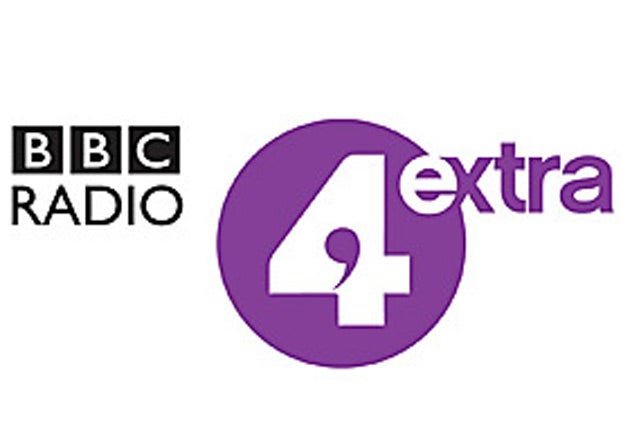The Week in Radio: Spring clean that's a bit short on seasonal treats

It's spring and everything is new, or at least the old stuff has been shuffled around a bit. Radcliffe and Maconie have gone to 6 Music, Fi Glover has left Saturday Live and the BBC has decided to make a virtue of déjà vu by rebranding BBC 7 as Radio 4 Extra. This new network is plainly designed to up the numbers listening on DAB, in which the BBC is heavily invested, but the mix makes you wonder exactly who it's for. Is it people who like Hancock and the Goons, in other words Prince Charles? But then I can't imagine Prince Charles tuning in for Arthur Smith's Balham Bash, amusing though it is, or indeed the strange melange of stories and interviews in The 4 O'Clock Show, which wants an "audience of all ages" – ie children. Then again the star of the new line-up is Ambridge Extra, which being focused on the junior Archers might suggest a bid for the youth vote. But as it turns out, existing Archers fans need not fear. The first episode, in which Alice and Chris's long-distance marriage starts to come unstuck and Kirsty tries to organise a fun run, is recognisably the same series. No one whinges like an Archer whinges, no matter what age they are.
The Royal Shakespeare Company, meanwhile, is 50, an anniversary the Arts Council marked with a grant cut and Radio 4 marked with a slightly dutiful series fronted by Jim Naughtie, the network's go-to guy for establishment culture. There was a distinctly worthy air to this series, which kicked off with looking at how a production like Michael Boyd's Macbeth actually comes together. But every so often came insights which made you appreciate the depth and vitality of the work. One actor, for example, described in the early stages how, "Every line is unpacked by the company, so by the time you come to read your lines, every person in the room knows what that line means."
The legendary language coach Cicely Berry pointed out that only eight per cent of Shakespeare's original audience could read, so the meaning of the language resided deeply in the sound. Yet now, "what we want to hear has changed a lot, it's much more causal, so actors have a difficult job to make the language seem real for now, yet get the audience to hear the imagery which is so rich". Or as Judi Dench demonstrated, reading a line of Macbeth: "I've got bumps all over my arms because of those words." Next week recounts the wonderful early days of Peter Brook's A Midsummer Night's Dream.
Back in spring, and Radio 4's The Cuckoo, a stunning production from the BBC Natural History Unit, was programme of the week for me. We all think we know the story of the cuckoo, the bird world's worst parent, but did you know that the cuckoo matches the colour, size, even the speckles of its egg to those in the target nest? Any slight discrepancy and the host, usually a reed warbler, would chuck the cuckoo egg out. Then the cuckoo makes sure it evicts one egg from the nest before laying its own, so the poor reed warbler doesn't count one extra, and when the chick is hatched, it has a special flat back for heaving all the others out the nest? And just in case its foster parents don't feed it enough, it has evolved a special cry that sounds like four chicks. By the time the baby cuckoo is out of foster care, its true parents have flown to South Africa without ever having met their chick. "So the question is, how does a cuckoo know it's a cuckoo?" asked Professor Nick Davies, in one of those ornithology-meets-philosophy moments that come at you sometimes at this time of year.
Subscribe to Independent Premium to bookmark this article
Want to bookmark your favourite articles and stories to read or reference later? Start your Independent Premium subscription today.

Join our commenting forum
Join thought-provoking conversations, follow other Independent readers and see their replies